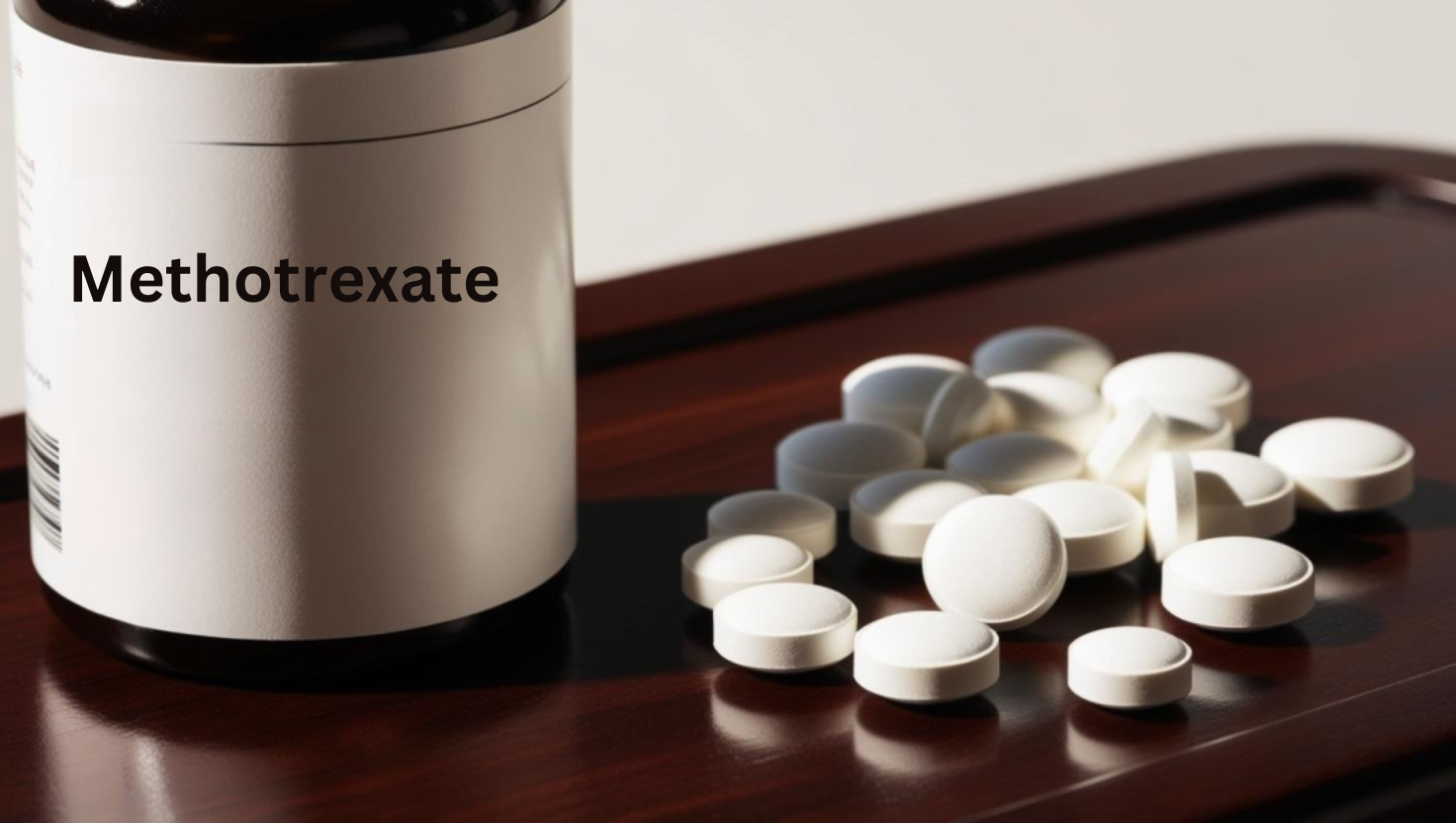Understanding Toxicology: A Crucial Element in Medical Legal Cases

Did you know that all substances could be poison? Even drinking too much water can kill you. Understanding toxicology will assist you in analyzing medical and legal cases. Take this Methotrexate case, for example, extracted from Matt Guy’s chapter in my latest book, Medical Record Analysis: A Guide for Attorneys by Expert Nurses, Vol 3.
I’ve worked on several cases involving Methotrexate poisoning, including one that involved a fatality from daily instead of weekly consumption of Methotrexate. In this case, understanding toxicology shows you the thin line between therapeutic and overdoses.
Methotrexate Poisoning
A 50-year-old woman with rheumatoid arthritis received methotrexate, a disease-modifying antirheumatic drug (DMARD). Due to a prescribing error, the patient ingested the medication daily instead of weekly, leading to toxic accumulation. Methotrexate toxicity resulted in severe bone marrow suppression and pancytopenia, characterized by a reduction in all blood cell types Interestingly, even single low doses of methotrexate can induce fatal pancytopenia. Additionally, she developed mouth sores and life-threatening infections due to the immunosuppressive effects of the overdose.
The physician and pharmacy failed to educate the patient on the correct weekly dosing schedule. Methotrexate overdoses caused by incorrect frequency are preventable through patient education and diligent follow-up. During multiple follow-up visits, the medical team failed to detect signs of methotrexate toxicity, a known cause of severe pancytopenia. Early recognition could have prevented complications and hospitalization.
The patient required extensive hospitalization and rehabilitation to recover. Afterward, she successfully sued for malpractice, receiving compensation for medical expenses and lost wages due to the healthcare provider’s failure to prevent and recognize toxicity promptly
Understanding Toxicology
Toxicology is a subdivision of pharmacology that focuses on studying substances’ adverse effects on living organisms (Florida A&M University, n.d.). Toxicological emergencies can be woven into medical legal cases, often influencing the determination of liability and compensation.
Dr. Larry Johnson states, “A Swiss physician, Paracelsus, was cited as being the father of modern toxicology. He wrote that ‘All substances are poison. There is nothing that is not poison. The right dose differs a poison from a remedy.’ What does that mean? He paraphrased that to say that ‘The dose makes the poison'”.
For attorneys, a solid understanding of toxicology’s intricacies is essential for the effective advocacy of the client. Matt’s chapter aims to equip attorneys with the knowledge to navigate these complex cases, enabling them to advocate effectively for clients affected by acute toxicological exposures.
Toxicological Cases
Harmful substances can affect people in a variety of causes of action. LNCs may be involved in any of these kinds of cases.
Chemical exposure in the form of industrial, workplace, environmental, pharmaceuticals, or biological agents can result in a toxicological emergency through accidental overdoses, workplace chemical spills, and intentional poisonings (many are suicide/self-harm incidents). Appropriate recognition and treatment of these emergencies can have significant and beneficial impacts on health outcomes. Ingestion of pesticide or household cleaners can create gastrointestinal, respiratory or neurological symptoms
When potential harm from medications is implicated in a patient’s outcome, understanding toxicology helps legal professionals to know the different kinds and causes of these emergencies
For example, opioid overdoses are recognized as a nationwide emergency (since Jan. 19, 2017). We know that opioids can cause respiratory depression and possibly death. It is crucial to diagnose the condition and provide early intervention. The opioid epidemic has led to Narcan (the reversal agent for opioids) to be available over the counter. Narcan is now available to first responders and in schools in case of suspected overdose.
Carbon monoxide poisoning related to household appliances requires unique approaches for medical treatment and legal statutes of limitations. Inhaling carbon monoxide includes signs and symptoms of headache, dizziness and confusion, are a risk factor from using generators indoors, leaky heating systems or cars. The most extreme cases can bring about unconsciousness when the respiratory processes cannot maintain their activity or result in death.
In fact, in December 2024, 12 people died in a room above a restaurant near Russia when they used a power generator in a bedroom when the power supply was disrupted.
Similarly, pesticide exposure in agricultural settings poses substantial public health concerns, each conferring distinct challenges towards diagnosis and management at the level anticipated by many local guidelines/protocols or state directives. The suits involving the pesticides RoundUp or Dioxin are examples of these kinds of cases.
Alcohol poisoning from serious levels of acute intoxication can cause coordination issues and possible unconsciousness where the person would not be able to protect their airway – in scenarios such as these, they may require hospitalization.
For many intoxicant medical cases, clients require supportive care and time to allow for the body to clear the toxic substances. Some intoxicants do have specific antidotes. Recognition of the most common emergencies provides the possibility for prevention and better treatment
Legal and medical professionals must understand the appropriate interventions in a case to identify deviations that could indicate medical malpractice. Attorneys who have built a practice based on medical-legal cases often learn how to recognize these symptoms so they can effectively correlate the literature with potential toxic exposures, which is pertinent for proper legal outcomes.
Many attorneys choose to work with a legal nurse consultant to analyze medical records, provide case summaries, complete a literature review and to provide the education required to have a successful case that is either settled or results in a judgment.
Get a copy of Medical Record Analysis: A Guide for Attorneys by Expert LNCs Vol 3 to gain more insight on how you can assist your attorney clients.
 Pat Iyer is president of The Pat Iyer Group, which develops resources to assist LNCs in obtaining more clients, making more money, and achieving their business goals and dreams.
Pat Iyer is president of The Pat Iyer Group, which develops resources to assist LNCs in obtaining more clients, making more money, and achieving their business goals and dreams.
Have you heard the most recent podcasts on Legal Nurse Podcast? The show is in its 9th year, putting it in the top 1% of all podcasts for its longevity. Watch our podcast on YouTube at http://LNC.tips/YouTube.
Join our Facebook group, LNC Business Growth Circle, to be part of our LNC community.
Pat’s related websites include the continuing education provided on LNCEU.com, the podcasts broadcast at podcast.legalnursebusiness.com, and writing tips supplied at patiyer.com.
Get all of Pat’s content in one place by downloading the mobile app, Expert Edu at www.legalnursebusiness.com/expertedu. Watch videos, listen to podcasts, read blogs, watch online courses and training, and more.
